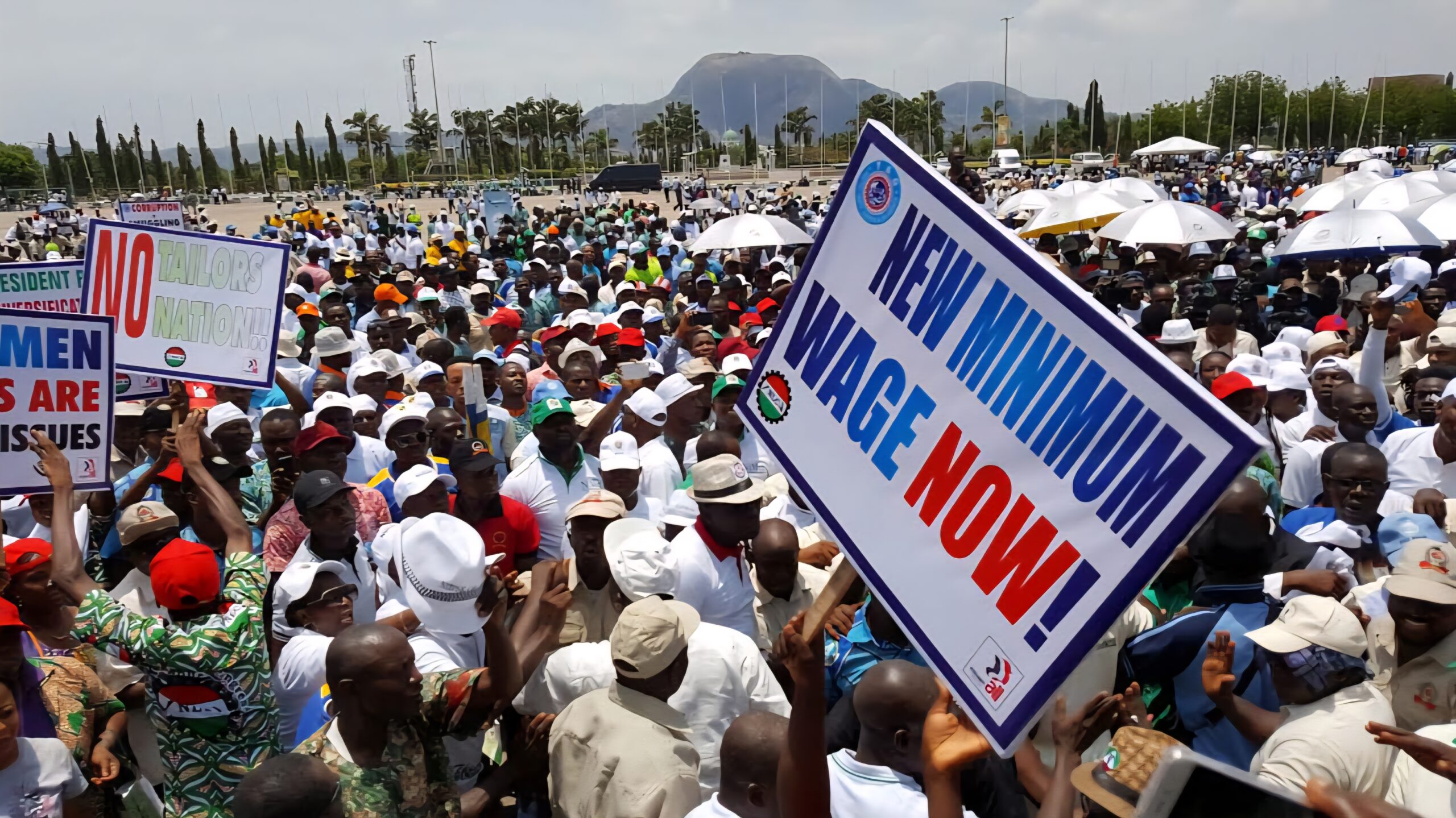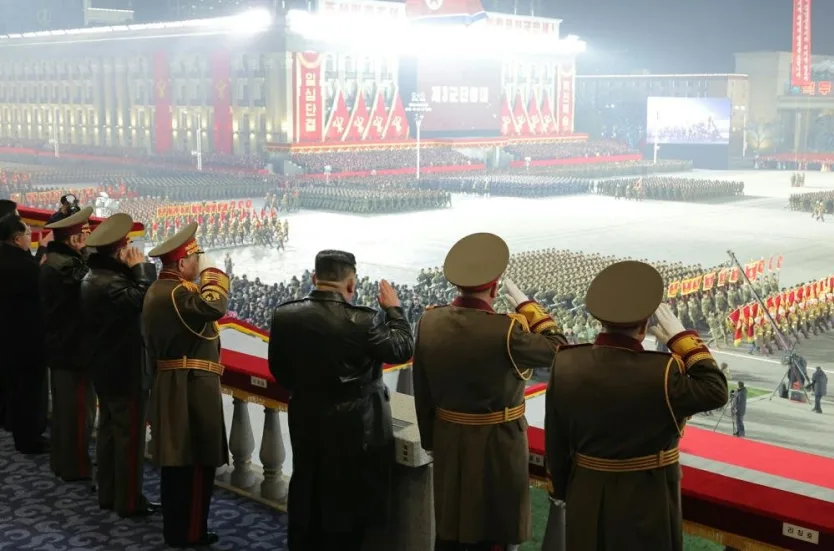Now Reading: Nigeria’s N70,000 Minimum Wage ‘Too Meagre’ To Lift Millions Out Of Poverty – US
-
01
Nigeria’s N70,000 Minimum Wage ‘Too Meagre’ To Lift Millions Out Of Poverty – US
Nigeria’s N70,000 Minimum Wage ‘Too Meagre’ To Lift Millions Out Of Poverty – US

The United States has said Nigeria’s N70,000 minimum wage is lower than its poverty level income.
The statement was made in its 2024 Country Reports on Human Rights Practices, released on August 12, 2025.
According to the US Department of State, Nigeria’s minimum wage, currently valued at about $47.90 per month, has been severely eroded by the devaluation of the naira.
It added that wage enforcement remains weak across the country.
“The law provided for a national minimum wage for public and private sector employers with 25 or more full-time employees, with exceptions for seasonal agricultural workers, part-time workers, those on commission, and some others.
“The National Minimum Wage (Amendment) Act 2024 doubled the minimum wage to 70,000 naira ($47.90) per month. Despite the increase, currency devaluation meant the minimum wage was no longer higher than the poverty income level.
“Many employers had fewer than 25 employees, so most workers were not covered. Some states declined to implement the minimum wage law, citing financial constraints.
“The law mandated a 40-hour workweek, two to four weeks of annual leave, and overtime and holiday pay, except for agricultural and domestic workers.
“The law did not define premium pay or overtime. The law prohibited excessive compulsory overtime for civilian government employees,” the report stated.
“The Ministry of Labour and Employment was responsible for the enforcement of wage, hour, and OSH laws, but the number of labour inspectors was insufficient to enforce compliance.
“Although the law gave labour inspectors authority to make unannounced visits and initiate sanctions, it stipulated that most individuals needed to file a complaint before the National Industrial Court of Nigeria.
“Between 70 and 80 per cent of the country’s working population worked in the informal economy. Authorities did not enforce wage, hour, and OSH laws and inspections in the informal sector or with part-time workers,” it added.




